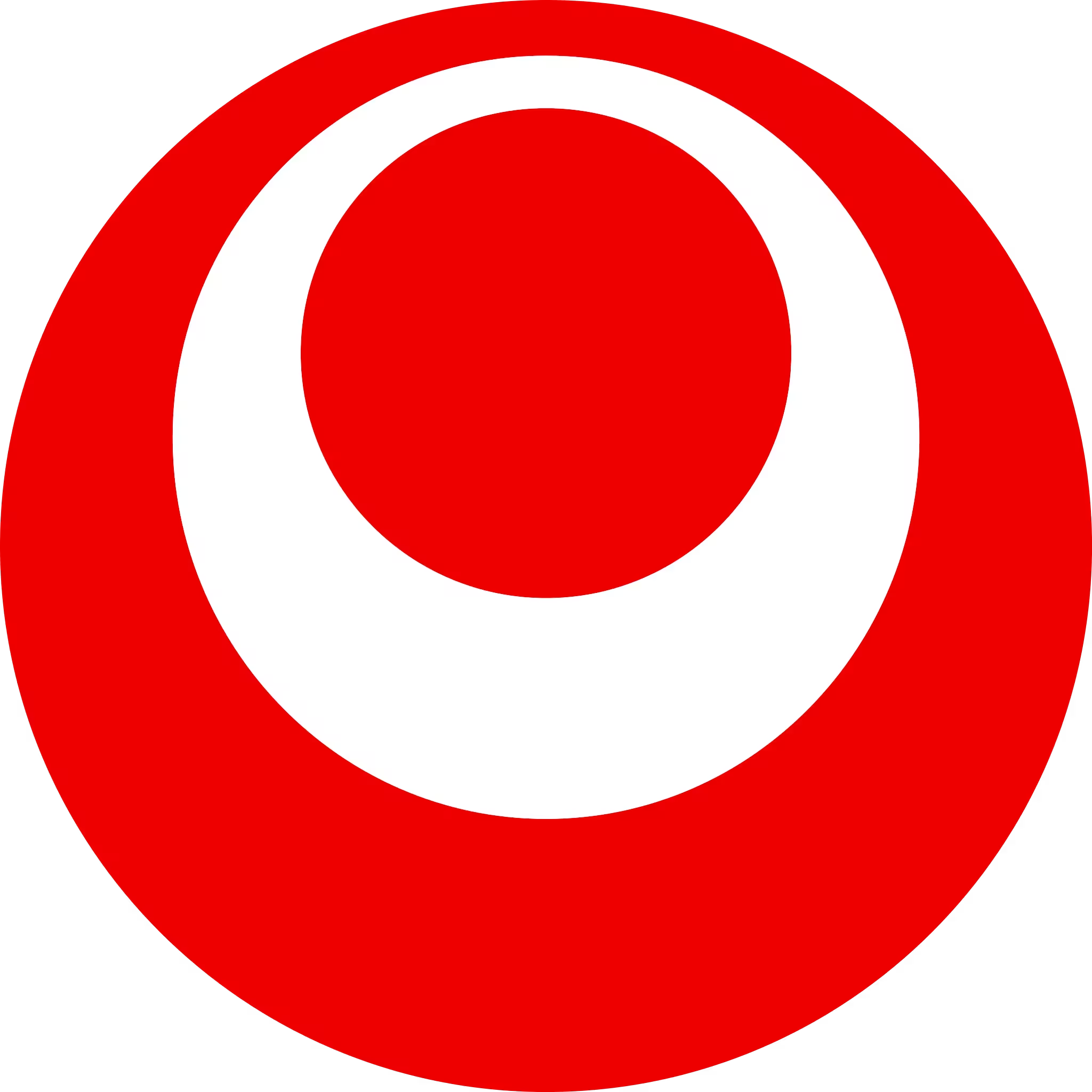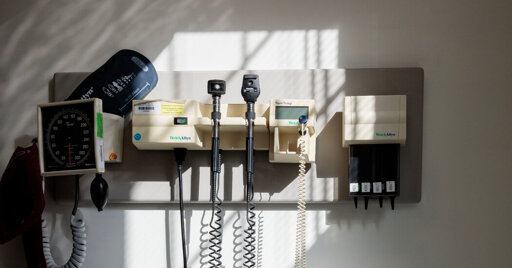One story that we couldn’t keep out of the press and that contributed most to my decision to walk away from my career in 2008 involved Nataline Sarkisyan, a 17-year-old leukemia patient in California whose scheduled liver transplant was postponed at the last minute when Cigna told her surgeons it wouldn’t pay. Cigna’s medical director, 2,500 miles away from Ms. Sarkisyan, said she was too sick for the procedure. Her family stirred up so much media attention that Cigna relented, but it was too late. She died a few hours after Cigna’s change of heart.
Ms. Sarkisyan’s death affected me personally and deeply. As a father, I couldn’t imagine the depth of despair her parents were facing. I turned in my notice a few weeks later. I could not in good conscience continue being a spokesman for an industry that was making it increasingly difficult for Americans to get often lifesaving care.
One of my last acts before resigning was helping to plan a meeting for investors and Wall Street financial analysts — similar to the one that UnitedHealthcare canceled after Mr. Thompson’s horrific killing. These annual investor days, like the consumerism idea I helped spread, reveal an uncomfortable truth about our health insurance system: that shareholders, not patient outcomes, tend to drive decisions at for-profit health insurance companies.



The problem with your “drop them if they don’t cover you” bit is that people generally won’t find out until something serious happens, and then they’re screwed regardless, OR their employer pays a good chunk of their premiums, so they figure they’re better off to keep that and hope something winds up covered.
Not American, but we studied this in school. The insurance/free market problem is twofold - healthcare is a captive industry, and the knowledge base required to understand what is and isn’t a good plan is well beyond most of the population.
Healthcare is a captive industry in that no one can stop using it entirely. Car insurance? Never get a car, you avoid it. Arguments of car-driven infrastructure aside, that’s not a captive industry. So you, at some point in your life, are going to need healthcare. But, you have no idea how bad it’s going to be, what’s going to be wrong with you, etc. so your needs are extremely unknown. Again, to use a car insurance comparison, your choices are fairly limited here in Canada at least. The govt has set minimum standards that all insurers must provide, and then you can choose to increase above that. But those minimum standards cover enough that you’re very unlikely to be totally screwed with enormous debt after an accident no matter what causes the accident, etc.
This leads to the fact that healthcare is so ridiculously complicated that sorting out what is and isn’t covered by various insurers (who regularly change their plans) is beyond the average person. They have no way of knowing how much a surgery for appendicitis might cost, and if the 2mil max Plan A covers will be enough. Now multiply that by a thousand illnesses.
Healthcare should not be left to the free market - at a minimum, there needs to be a robust, extensive, and functional public insurance to avoid stupidity like bankruptcy from basic, lifesaving surgeries.
Totally agree. Murdering an insurance CEO isn’t the answer tho. Which was my original point.